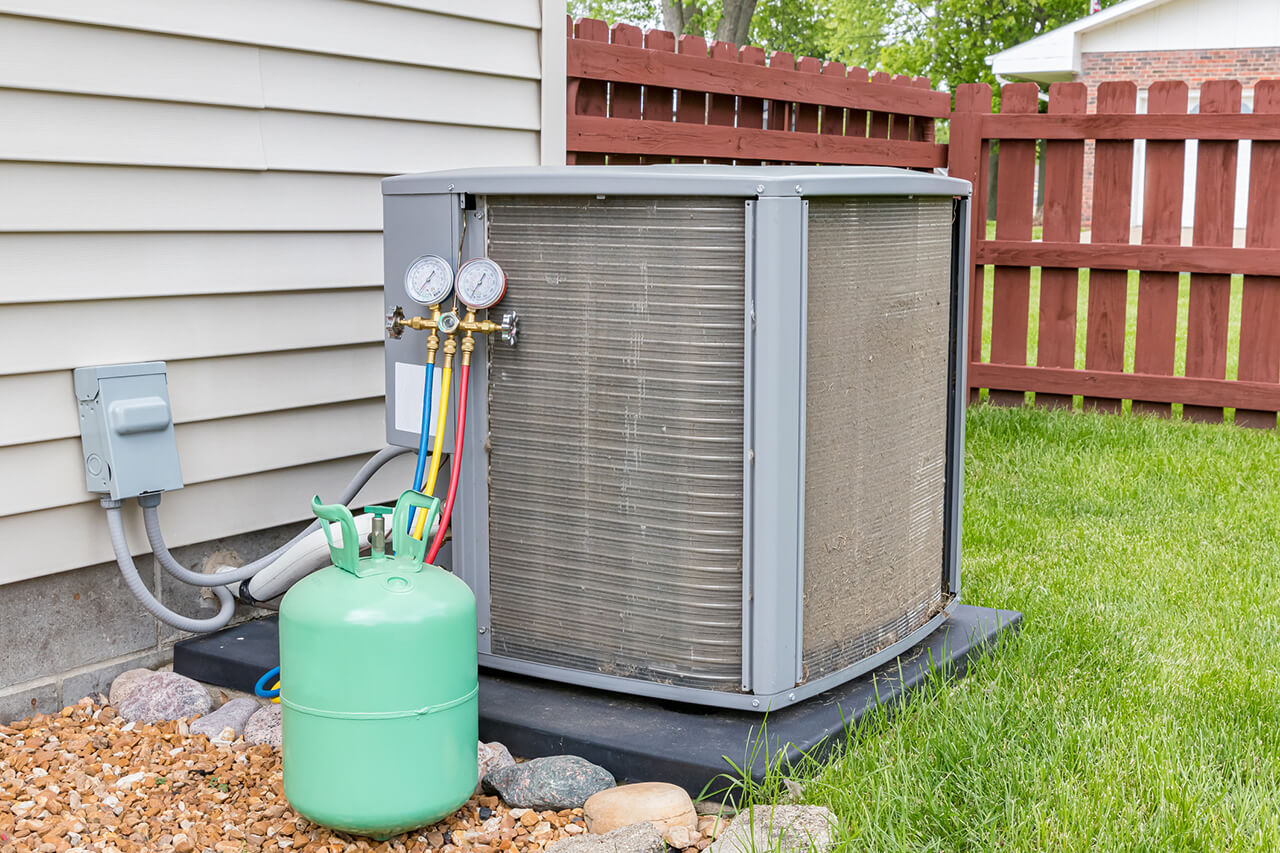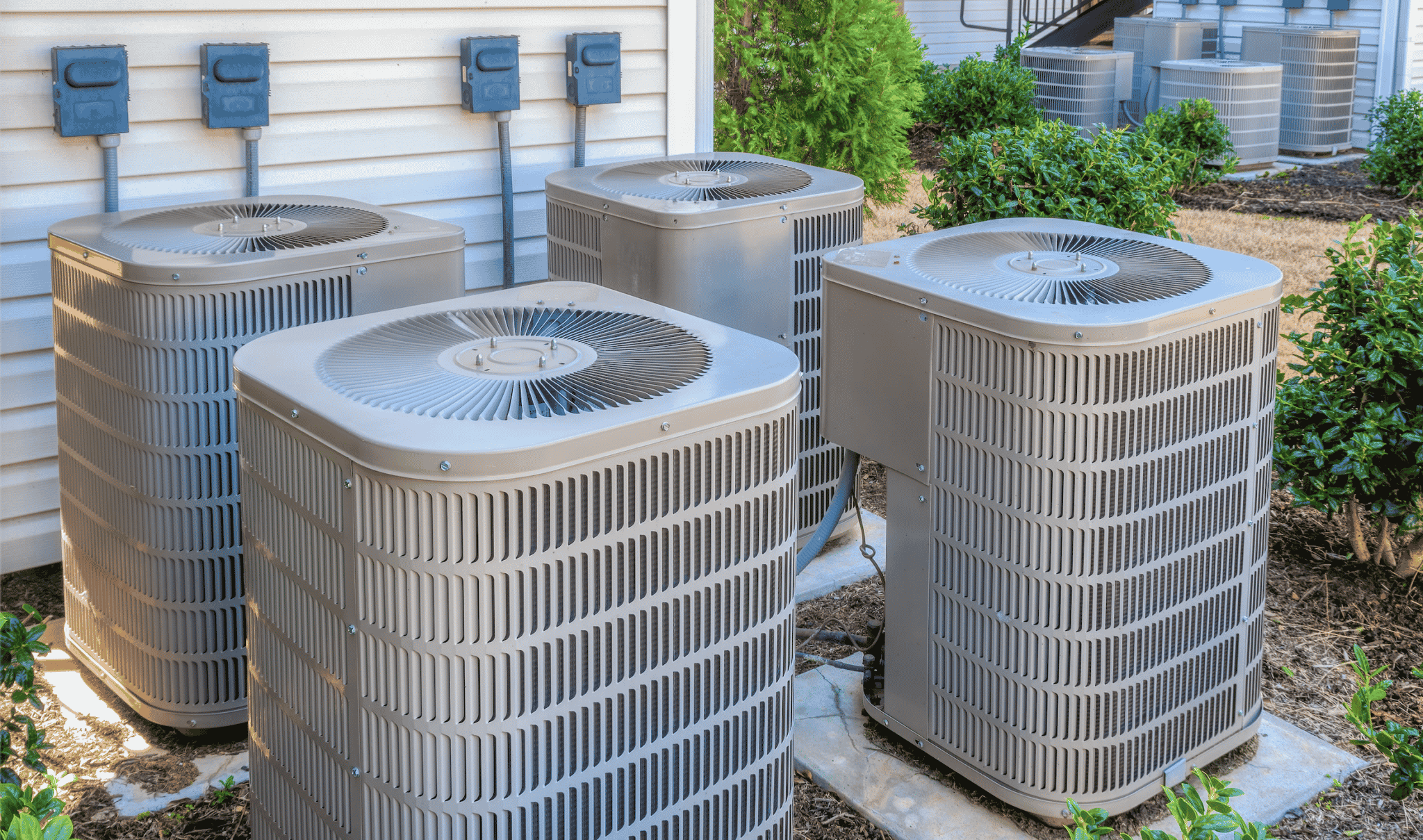Freon Cost For Home Ac Unit

Understanding Freon Costs for Your Home AC Unit
When your home's air conditioner isn't blowing cold air like it used to, one of the first things that comes to mind is often: "Is it the Freon?" Freon, technically a brand name for a group of refrigerants, has become synonymous with the cooling agents used in AC systems. This article dives deep into the costs associated with refrigerant, factors affecting pricing, and when it's time to call a professional.
What is Refrigerant and Why is it Important?
Refrigerant, in its various forms, is the lifeblood of your AC system. It circulates through the coils, absorbing heat from inside your home and releasing it outside. Without sufficient refrigerant, your AC unit simply can't do its job effectively.
Common types of refrigerants used in home AC units include:
- R-22 (Freon): An older refrigerant, being phased out due to environmental concerns. If your system uses R-22, repairs and recharges can be significantly more expensive.
- R-410A (Puron): The current standard for most residential AC units. More environmentally friendly than R-22.
- R-32: A newer refrigerant with even lower global warming potential than R-410A. It's gaining popularity in newer systems.
Important Note: Mixing different types of refrigerants is extremely dangerous and can severely damage your AC unit. Always use the refrigerant specified by the manufacturer.
Factors Influencing Freon Cost
The price of refrigerant isn't fixed. Several factors contribute to the overall cost:
- Type of Refrigerant: R-22 is significantly more expensive than R-410A due to its phase-out and decreasing availability. R-32 is also starting to see price fluctuations as adoption increases.
- Quantity Needed: The more refrigerant your system needs, the higher the cost. The amount required depends on the size of your AC unit and the extent of the leak (if any).
- Labor Costs: HVAC technicians charge for their time to diagnose the problem, locate and repair any leaks, and recharge the system with refrigerant.
- Location: Prices can vary depending on your geographic location and the local market rates for HVAC services.
- Leak Repair: Before adding refrigerant, any leaks must be identified and repaired. Leak repair adds significantly to the overall cost.
- Seasonality: Demand for AC services is higher during the peak summer months, which can sometimes lead to higher prices.
Estimating Freon Recharge Costs
Providing an exact Freon recharge cost without inspecting your system is impossible. However, we can provide some general estimates:
- R-22 Recharge: Expect to pay $150 to $400 per pound (or even more in some areas due to scarcity). The total cost can easily reach $500-$1500+ depending on the size of the system and how much refrigerant is needed.
- R-410A Recharge: Typically costs $80 to $250 per pound. A complete recharge can range from $300 to $1000+.
- Leak Repair Costs: Leak repairs can range from $150 for a simple fix to $1000+ for more complex issues requiring component replacement.
Get multiple quotes: Always obtain estimates from several HVAC contractors to compare prices and services before committing to a repair.
DIY vs. Professional Recharge: Weighing the Risks and Rewards
While some DIYers might be tempted to recharge their AC system themselves, there are significant risks involved. Handling refrigerant requires specialized equipment, knowledge, and certifications.
Why You Should Think Twice About DIY Recharge
- Environmental Regulations: It is illegal to intentionally vent refrigerant into the atmosphere. Improper handling can result in hefty fines.
- Safety Hazards: Refrigerant can cause frostbite and other health problems if not handled carefully. Specialized safety gear is required.
- Equipment Costs: You'll need a manifold gauge set, vacuum pump, refrigerant scale, and potentially a leak detector, which can cost hundreds of dollars.
- Technical Expertise: Accurately diagnosing the problem, finding leaks, and properly charging the system requires specialized knowledge and experience. Overcharging or undercharging can damage the compressor.
- Voiding Warranty: Attempting DIY repairs can void the manufacturer's warranty on your AC system.
When is it OK to Consider a DIY Approach?
Frankly, DIY refrigerant recharge is rarely recommended for homeowners. Even seemingly minor tasks require a basic understanding of HVAC systems and safety protocols.
However, certain tasks, like cleaning the outdoor condenser coils or replacing a dirty air filter, are generally safe and can improve your AC's efficiency. These are preventative maintenance tasks, not refrigerant-related repairs.
Tools and Equipment (For Informational Purposes Only - Not Recommended for DIY Refrigerant Work)
The following list is for informational purposes only. We strongly advise against attempting refrigerant work without proper training and certification:
- Manifold Gauge Set: Used to measure pressure in the AC system.
- Vacuum Pump: Removes air and moisture from the system before recharging.
- Refrigerant Scale: Measures the precise amount of refrigerant added.
- Leak Detector: Locates leaks in the refrigerant lines and components.
- Safety Glasses and Gloves: Protect against refrigerant exposure.
- Refrigerant Recovery Machine: Essential for safely removing refrigerant from the system.
Signs Your AC Unit Needs Refrigerant
Recognizing the symptoms of low refrigerant can help you identify a problem early on:
- Warm Air: The most obvious sign is that your AC is blowing warm air instead of cold air.
- Longer Cooling Cycles: The AC runs for extended periods to reach the desired temperature.
- High Energy Bills: A struggling AC system consumes more energy, leading to increased utility costs.
- Ice Buildup: Ice may form on the evaporator coils or refrigerant lines.
- Hissing or Bubbling Noises: These sounds can indicate a refrigerant leak.
Troubleshooting Steps Before Calling a Professional
Before calling an HVAC technician, try these simple troubleshooting steps:
- Check the Air Filter: A dirty air filter restricts airflow and can cause icing.
- Clean the Outdoor Condenser Coils: Remove any debris, such as leaves, grass clippings, or dirt.
- Ensure Proper Airflow: Make sure vents are open and not blocked by furniture.
- Check the Thermostat: Verify that the thermostat is set correctly and that the batteries are working.
When to Call a Professional HVAC Technician
In most cases, dealing with refrigerant requires the expertise of a qualified HVAC technician. Here are some situations where professional help is essential:
- You Suspect a Refrigerant Leak: Leaks need to be identified and repaired by a trained professional.
- Your AC System is Old: Older systems may use R-22, which is becoming increasingly expensive and difficult to find. Replacing the entire system might be a more cost-effective long-term solution.
- You Lack the Necessary Tools and Expertise: Handling refrigerant requires specialized equipment and knowledge.
- You Are Unsure About the Cause of the Problem: A professional can accurately diagnose the issue and recommend the best course of action.
Choosing the Right HVAC Contractor
Selecting a reputable HVAC contractor is crucial for ensuring quality service and fair pricing:
- Check Licensing and Insurance: Verify that the contractor is licensed and insured in your state.
- Read Online Reviews: See what other customers have to say about their experience.
- Ask for References: Contact previous customers to inquire about the contractor's work.
- Get Multiple Quotes: Compare prices and services from several contractors.
- Inquire About Warranties: Make sure the contractor offers a warranty on their work and the refrigerant used.
Preventative Maintenance to Minimize Refrigerant Issues
Regular maintenance can help prevent refrigerant leaks and other AC problems:
- Schedule Annual AC Tune-Ups: A professional can inspect your system for leaks, clean the coils, and ensure proper operation.
- Replace Air Filters Regularly: Dirty air filters restrict airflow and can cause the system to overwork.
- Keep the Outdoor Condenser Unit Clean: Remove debris and ensure proper airflow around the unit.
- Monitor for Unusual Noises or Performance: Address any issues promptly to prevent them from escalating.
By understanding the costs associated with refrigerant, the risks of DIY repairs, and the importance of professional maintenance, you can keep your AC system running efficiently and avoid costly problems down the road. Always prioritize safety and consult with a qualified HVAC technician for any refrigerant-related issues.










